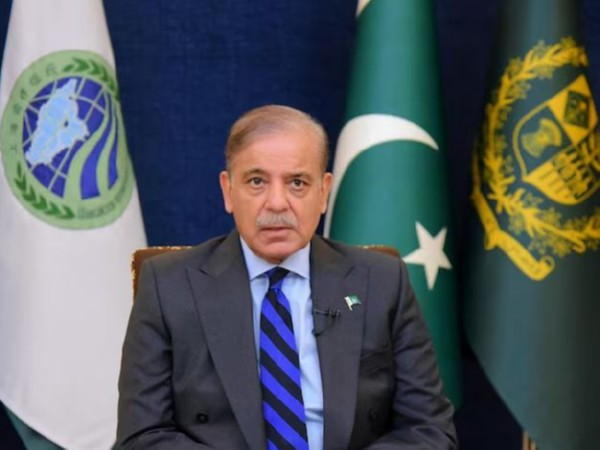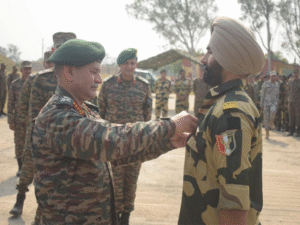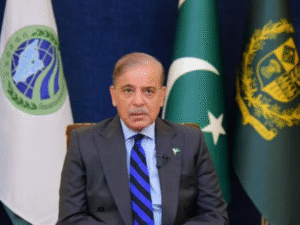Pakistan PM Shehbaz Sharif Confirms Indian Missile Strike on Nur Khan Airbase, Ending Days of Denials

Islamabad, May 17, 2025 – In a stunning reversal of Pakistan’s initial denials, Prime Minister Shehbaz Sharif publicly acknowledged that India’s ballistic missiles struck the Nur Khan Airbase in Rawalpindi, along with other military sites, during a pre-dawn operation on May 10. The admission, made during a speech at the Pakistan Monument in Islamabad, marks a rare moment of candor from Pakistan’s leadership, which typically downplays Indian military actions.
Sharif revealed that he received a call at 2:30 AM from Army Chief General Asim Munir, who informed him of the precision strikes. “General Munir called me over a secure line, stating that Hindustani ballistic missiles had hit Nur Khan Airbase and other areas,” Sharif said, addressing a ‘Youm-e-Tashakur’ event. The strikes, part of India’s Operation Sindoor, were launched in retaliation for a Pakistan-backed terror attack in Pahalgam on April 22, which killed 26 civilians.
The Nur Khan Airbase, a critical hub for the Pakistan Air Force’s logistics and strategic operations, was among 11 military installations targeted by the Indian Air Force using air-launched precision weapons, including suspected BrahMos missiles. Satellite imagery from Maxar Technologies and Chinese firm MizarVision confirmed extensive damage to runways, hangars, and ground support vehicles at Nur Khan, as well as other bases like Bholari and Rahim Yar Khan. A former Pakistani Air Marshal, Masood Akhtar, also admitted the loss of an AWACS aircraft at Bholari Airbase during the strikes.
The admission has sparked reactions across the border. In India, BJP leader Amit Malviya highlighted the precision and boldness of Operation Sindoor, stating, “Sharif’s acknowledgment underscores India’s military prowess.” Meanwhile, AIMIM chief Asaduddin Owaisi mocked Pakistan’s leadership, questioning if they could “land their leased Chinese aircraft” at the crippled Rahim Yar Khan airbase.
Pakistan initially claimed its air defenses intercepted most Indian missiles, with military spokesman Lt. Gen. Ahmed Sharif Chaudhry reporting minimal infrastructure damage and six air force personnel killed. However, Sharif’s statement contradicts this narrative, confirming the strikes’ significant impact. The attacks, which also targeted bases in Rafiqui, Murid, Sukkur, and others, triggered panic in Islamabad, with Sharif convening an emergency meeting of the National Command Authority on May 10.
The escalation, which included Pakistan’s retaliatory drone and missile strikes—most of which were intercepted by Indian defenses—ended with a US-brokered ceasefire later that day. US Secretary of State Marco Rubio reportedly mediated between Pakistan’s Army Chief and India’s External Affairs Minister S. Jaishankar, leading to a de-escalation by 4:30 PM.
Sharif’s admission has drawn mixed responses. While some in Pakistan view it as an honest acknowledgment of a military setback, others criticize it as a sign of weakness. On X, sentiments range from Indian users celebrating the strike’s success to Pakistani users expressing frustration, with one calling it a “humiliating moment for our forces.” The revelation has reignited debates over Pakistan’s military preparedness and India’s growing strategic dominance in the region.
As tensions simmer, both nations have paused hostilities, but Indian PM Narendra Modi emphasized that India’s actions were a “pause, not an end,” signaling readiness for further response if provoked. The international community, including the US and Azerbaijan, has called for restraint to prevent further escalation between the nuclear-armed rivals.





